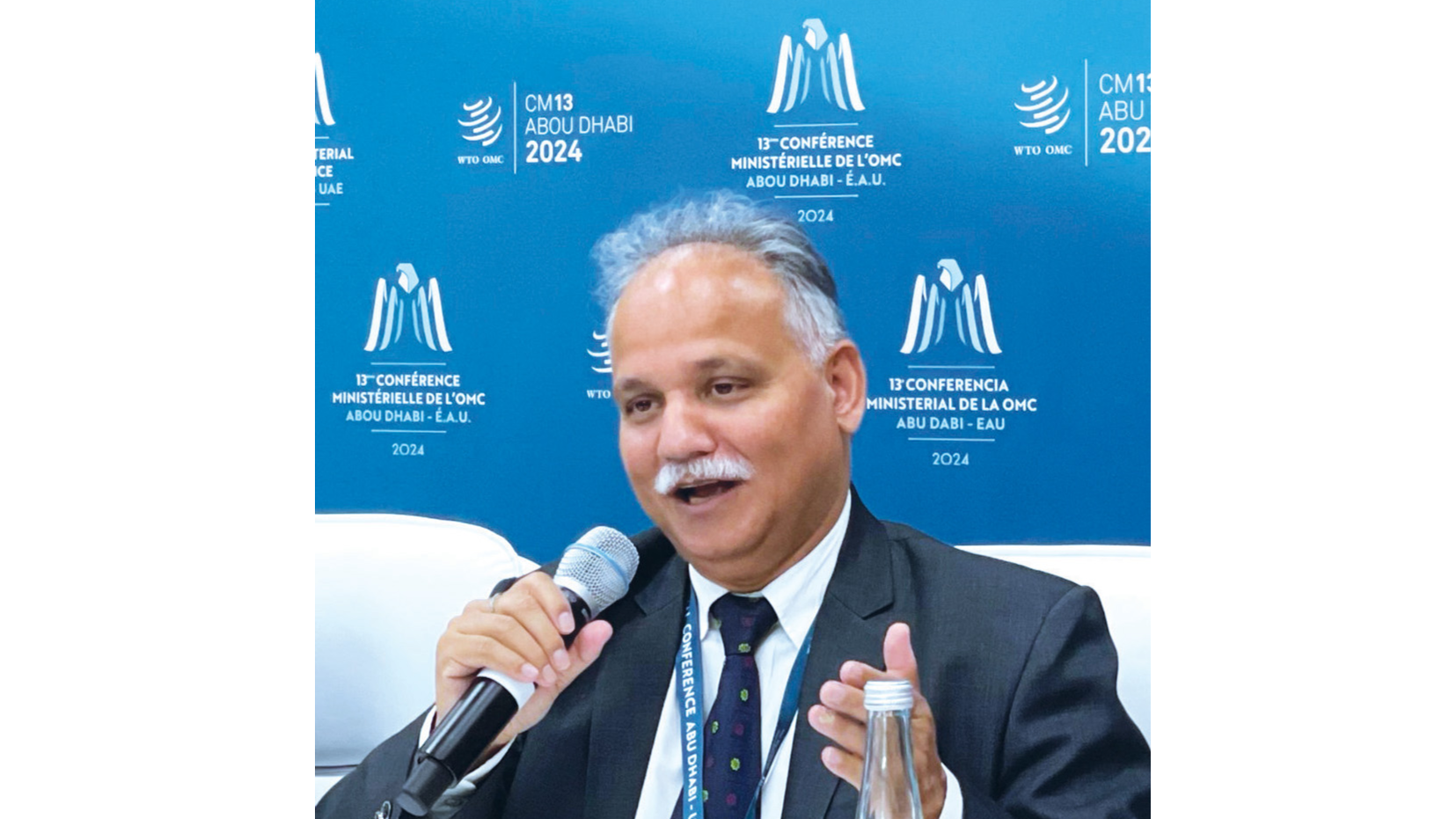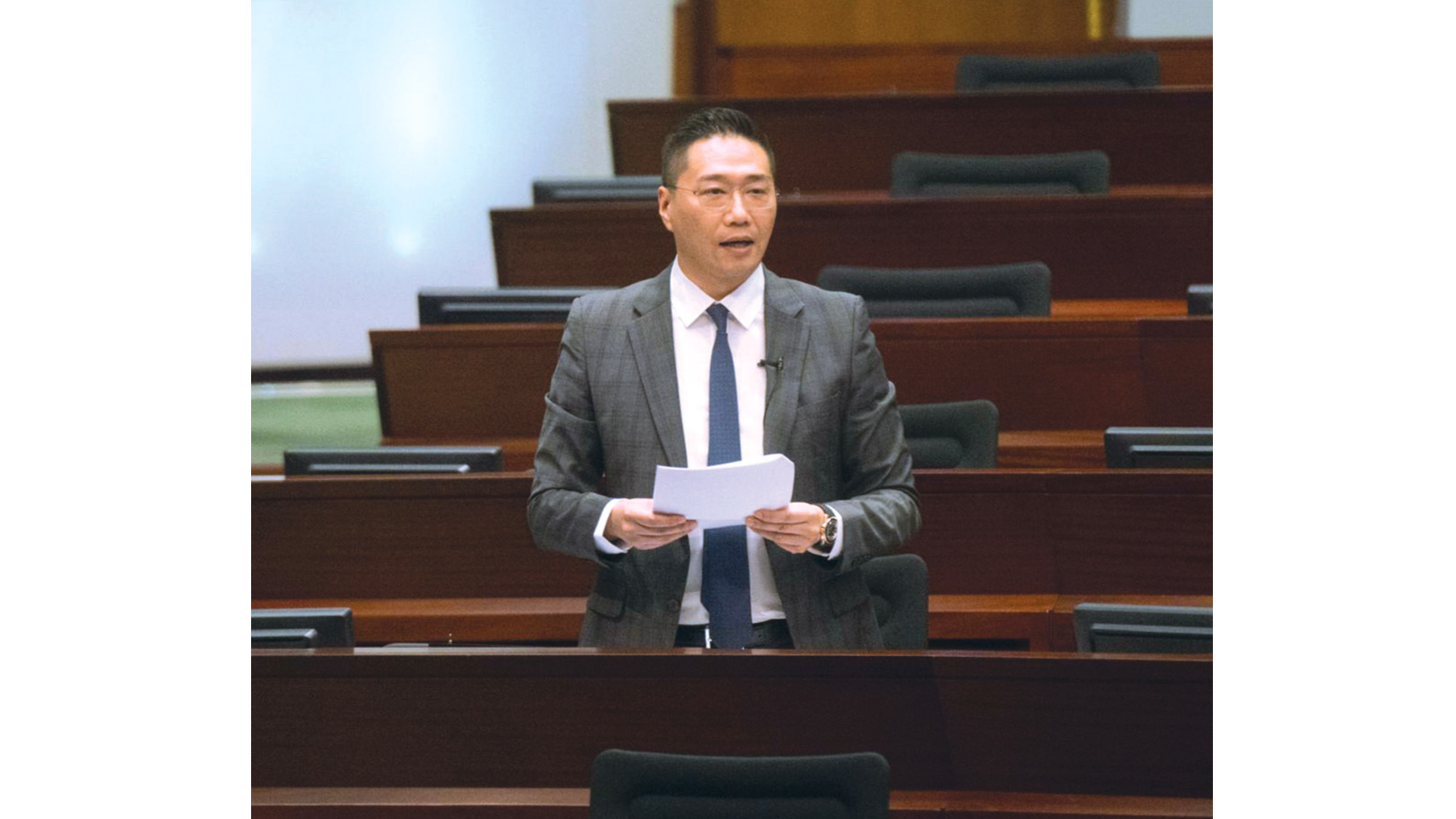
When considering Hong Kong as an international financial center, you may naturally wonder how much the city’s initial public offering market can raise, or the size of the asset and wealth sector that it manages.
True, the Hong Kong Stock Exchange boasted the world’s largest share offering to date when the Chinese mainland’s new energy battery manufacturer Contemporary Amperex Technology (CATL) raised over HK$41 billion ($5.22 billion) in May. In the next two to three years, Hong Kong is expected to become the world’s largest cross-border wealth management center.
But the idea of an international center has many facets. Have you ever thought that company restructuring can also be a huge business in corporate finance?
The Hong Kong Association for External Friendship (HKAEF), a non-governmental organization established in 2023 to promote the unique role of the Hong Kong Special Administrative Region as a superconnector, will host an international symposium for discussing the potential of Hong Kong as a global corporate restructuring hub in the Guangdong-Hong Kong-Macao Greater Bay Area under the “one country, two systems” principle.
Around 65 professionals and business executives will join event which will be held on July 5 to 6.
Priscilla Leung Mei-fun, the founding president and CEO of HKAEF, emphasized the importance of company restructuring to adapt to economic challenges, technological changes and international geopolitical tensions. She said even some huge companies or medium-sized enterprises may be forced into liquidation.
Leung, who is also the Hong Kong Legislative Council member representing the Election Committee, said “businesses must climb up and board the fast train of high tech and change their business model, or they cannot survive. The world has to face the issue of this liquidation exercise.”
The lawmaker argued Hong Kong needs to position itself as the first choice for businesses seeking liquidation and restructuring services by promoting its mediation system for attracting international investors proactively.
“We love to do IPO business but we underestimate that corporate restructuring can also be big business. It can be for lawyers, accountants, auditors, and investors who can invest in the (distressed) business at a low price.”
Leung highlighted the importance of attracting and supporting large-scale corporate restructuring projects, with a focus on job preservation and business survival. “If you rescue them, you may maintain the same management group, and you save jobs and the business and it is mutually beneficial.”

HKAEF Secretary General Rajesh Sharma noted Hong Kong and the mainland have the potential to offer a global example of cross-border business cooperation.
“Hong Kong, the mainland, Macao and Taiwan are all international in a legal sense, but they are connected by tradition, cultural relationships and friendship. Even when something goes wrong, businesses do not run to court, but give each other a chance, to survive, revive and make progress together. Business bankruptcy and insolvency are a temporary matter,” the secretary general said.
Sharma suggested incorporating the concept of overall circumstances in insolvency decisions to consider societal and economic impacts. Besides commercial aspects, other human aspects should also be considered in insolvency laws. “Ultimately we can have a law, but for the operation and effect of the law, we can modify it in such a way as to be suitable to our circumstances and environment.”
Shiu Ka-fai, the lawmaker representing the wholesale and retail functional constituency and the financial adviser of HKAEF, said a significant volume of restructuring activity would create new opportunities for legal, accounting and financial professionals in Hong Kong.
“We must ensure that our legal framework is fit for purpose — capable of interfacing and gaining mutual recognition with jurisdictions like Singapore and New York — for realizing this vision,” Shiu noted.

“It is paramount to seek the support of the central government in promoting coordination among the mainland, Hong Kong and Macao in corporate restructuring and bankruptcy legislation, formulating a text of standardized agreement for cross-border restructuring, and further improving the cross-border bankruptcy recognition and enforcement mechanism in the Greater Bay Area,” said Kennedy Wong Ying-ho, the lawmaker representing the import and export functional constituency.
Wong also proposed a merger and acquisitions professional service alliance in the Greater Bay Area by introducing international rating agencies and corporate restructuring consulting service companies into the city-cluster area, and establishing a valuation and due diligence system that meets global standards.
As the three legal systems (English common law, the mainland’s Chinese law and Portuguese civil law) coexist in the Greater Bay Area, Leung envisaged Hong Kong’s legal professionals can play a bridging role between Chinese and Western businesses, focusing on protecting investments and fostering talents.

“While mainland businesses trust their lawyers in the main network, they need to work with Hong Kong legal talents because they understand the Western world. Western investors would also prefer Hong Kong legal professionals to serve them and bring them to the mainland, in case there is something they do not understand,” she noted.
Looking ahead, Leung suggested Hong Kong should amend its laws and systems to allow stakeholders longer to engage in corporate reorganization for preserving the same business and management teams, and facilitating investors to take over businesses at a lower price.
“Hong Kong should amend its own system by providing a mediation period for all stakeholders involved,” she noted.
The underlying rationale of the mainland is to seek mediation first for protecting company assets. Only when it is completely impossible to resort to mediation, then it will go into the liquidation process, Leung said.
Contact the writer at oswald@chinadailyhk.com



